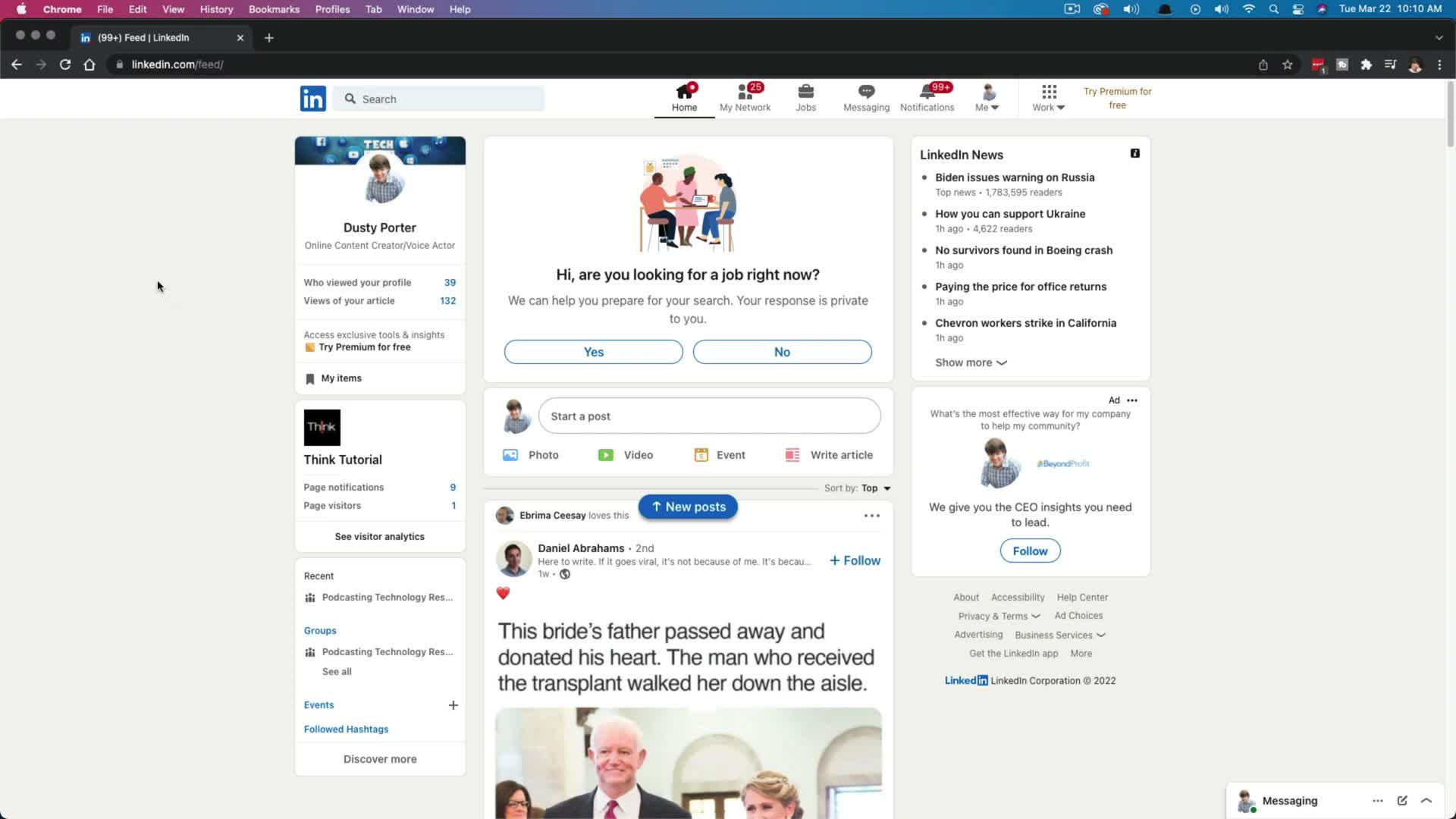Candidate Assessment
Candidate assessment is a critical component of the modern hiring process, enabling organizations to systematically evaluate job applicants' skills, competencies, and overall fit for specific roles. This process incorporates a variety of methods, such as pre-employment testing, skills assessments, personality evaluations, and cognitive ability tests. These candidate assessment tools provide employers with data-driven insights, allowing them to make informed hiring decisions that enhance the potential for organizational success and mitigate bias in recruitment. With recent advancements in artificial intelligence, many leading assessment platforms now combine multiple evaluation techniques, offering a detailed analysis of candidates' abilities and aligning them with job requirements. The relevance of candidate assessment has grown significantly, as organizations aim to improve their hiring efficiency and effectiveness in a competitive talent marketplace. As nearly 80% of employers utilize some form of assessment, these tools not only help eliminate hiring mistakes but also promote a fair evaluation process across diverse candidates. Commonly used assessment methods include situational judgment tests, behavioral assessments, and technical evaluation tools tailored to specific roles. By implementing robust candidate assessment strategies, companies can enhance their recruitment process, reduce turnover rates, and ultimately build high-performing teams aligned with their strategic goals.
How do you post a job on LinkedIn?
To post a job on LinkedIn, first log into your account and click on the Jobs icon in the upper menu. Then select 'Post a free job' and fill out essential information including job title, company name, and workplace type (on-site, hybrid, or remote). Next, create a detailed job description, add required skills, and set up applicant options by choosing whether to receive applications via email or an external website. Finally, add screening questions to filter qualified candidates, preview your listing, and click the 'Post Job for free' button to publish it.
Watch clip answer (04:55m)What are screening questions and why are they important in the job application process?
Screening questions are targeted inquiries posed to job applicants to evaluate whether they possess the necessary qualifications for a position. These questions assess candidates' experience with specific tools or technologies, education levels, certifications, and other must-have requirements. When properly implemented, they streamline the hiring process by automatically filtering out applicants who don't meet essential qualifications, reducing the recruiter's workload. LinkedIn allows customization of these questions, enabling employers to create both template-based and custom screening questions that align with their specific hiring needs.
Watch clip answer (01:34m)What are the differences between a free LinkedIn account and a paid LinkedIn recruiter account for recruitment?
LinkedIn offers free accounts and several tiers of paid recruiter services that differ significantly in functionality. Free accounts can be sufficient for beginning or low-volume recruiters, while paid options expand access to LinkedIn's network. The main differences include network reach (paid accounts can access third-degree connections), messaging capacity (30 InMails for Lite vs. 100-200 for higher tiers), and search filter capabilities. LinkedIn Recruiter Lite ($140/month) serves as an entry-level option for small businesses with lower hiring volumes, while Professional and Corporate tiers offer more advanced features for larger operations.
Watch clip answer (02:31m)What is the value of mapping out the candidate journey?
Mapping the candidate journey is essential as it helps align your employer branding strategy with the actual candidate experience. When creating this map, organizations should constantly ask themselves 'Why work for us?' and ensure their claimed values are consistently demonstrated across all touchpoints. For example, a company claiming to value work-life balance should reflect this in their application process by making it respectful of candidates' time rather than requiring lengthy, intrusive forms. Effective mapping reveals misalignments between what companies claim about themselves and how they actually treat potential employees during recruitment. This consistency between stated values and actual candidate experience is crucial for authentic employer branding.
Watch clip answer (01:53m)What are the main functions of LinkedIn Recruiter for finding top talent?
LinkedIn Recruiter offers three primary functions: candidate search, outreach/engagement tools, and team collaboration capabilities. The platform's standout search features allow users to access talent beyond third-degree connections (unlike LinkedIn Recruiter Lite) and utilize over 40 candidate filters with Boolean operators to narrow searches. The AI-based Spotlights feature prioritizes relevant candidates by recommending skills, locations, and companies most likely to engage with your business. Additionally, Skill Assessments help verify candidates' proficiencies through online tests, adding credibility to their claimed expertise.
Watch clip answer (03:23m)Who is Kamala Harris and what does her background suggest about how she might govern?
Kamala Harris is a trailblazer in American politics, notably becoming the first woman ever to serve as San Francisco's District Attorney. Her journey began in Oakland, California, where her roots helped shape her commitment to justice and equality that would later define her political career. Her approach as a public prosecutor reflects a complex political identity - combining progressive values with a tough-on-crime reputation. Harris's personal beliefs and governance philosophy appear to be influenced by her unique experiences, positioning her distinctively in the political landscape as someone who balances progressive ideals with pragmatic law enforcement perspectives.
Watch clip answer (00:17m)




